Heather “Lucky” Penney Fighter Pilot
On that day 25-year-old Heather “Lucky” Penney was a new first lieutenant serving as a training officer with the 121st Fighter Squadron of the District of Columbia Air National Guard, based at Andrews Air Force Base outside Washington.
March 15, 2021
Heather ‘Lucky’ Penney, one of the first generation female fighter pilots, has been in the US Air Force for over 20 years because as a little girl, she knew that she wanted to become a fighter pilot just like her dad, and she fulfilled that goal with hard work and perseverance.
Growing up, Ms. Penney knew women were not allowed to serve in the Air Force. That did not change until November 19, 1987, at 10:00 AM when Martin M. Ferber, senior associate director, national security and international affairs division spoke before the subcommittee on military personnel and compensation, House Armed Services Committee, United States House of Representatives to convince them to allow women equal rights in the military. While women were able to serve in the army, they had more restrictions than men and could not be combat pilots. Martin M. Ferber said, “Military women are being impeded from progressing in their chosen fields.” Eventually, in 1993 it was ruled by Congress that women would have more rights in the military. “I signed up immediately,” Ms. Penney says, “I wanted to be a fighter pilot like my dad.”
On September 11, 2001, Ms. Penney woke up with no idea of what was to come, “Well like everyone else that morning in our nation. It was a totally normal day. And on the East Coast, it was spectacular. It was a perfect fall day, the sky was completely clear. There were no clouds, but I didn’t get to fly that day, or I wasn’t on the schedule to go fly, because I had a bunch of meetings to do as part of my ground duties in the fighter squadron. So, we were in meetings when we learned that the Twin Towers had been attacked,” she says. After the towers were hit, and the realization was that the United States was under attack, there was an immediate order for all planes to be landed. Any planes still in the air would be taken down. Ms. Penney’s squadron leader was told to get one other fighter pilot and take the plane down. She was chosen.
Her orders were simple, ‘Take down the plane.’ Except there was one problem. Their planes did not have any live ammunition. It was a one-way mission. “Essentially,” Ms. Penney says, “I would be a kamikaze pilot.” Her leader said he would ram the cockpit, and she said she would hit the tail. She didn’t hesitate. Ms. Penney and Col. Marc Sasseville, her squadron leader, was really lucky that day, for they never had to hit the plane. “The real heroes are the passengers on Flight 93 who were willing to sacrifice themselves,” Ms. Penney says. “I was just an accidental witness to history.”
Flight 93 was hijacked by four Al-Qaeda terrorists, and they were heading for Washington D.C. Once the passengers realized what was happening they tried to take back control of the plane, but when they saw that they weren’t going to survive the day, they did the only thing they could do to ensure the safety of other people in Washington. They crashed the plane in a field in Pennsylvania. Later on, Ms. Penney spoke about her take-off on 9/11, “I genuinely believed that was going to be the last time I took off,” she says. “If we did it right, this would be it.” Ms. Penney earned her nickname ‘Lucky’ long before 9/11, but it fits. She returned from her suicidal mission to fly another day.
“I love our people. And we’re a democracy made up of lots of different kinds of people. And it’s messy. It’s chaotic, you know, everyone has their own opinions, everyone. We’re different colors, and we’re different creeds or different religions, and we’re different races, and we come from different parts of the country and, you know, there’s so much of us different.” Ms. Penney says. American citizens remember this day. Even the people who weren’t alive that day, know the sacrifice made when someone says 9/11.
“We strive to become a better nation and a better people. And it’s difficult. As we see right now, across our nation and the strife in the riots and struggles, we’re not perfect, but we’re trying. And that’s what matters. And I think that’s special, and that’s what makes us different from the rest of the world. That doesn’t necessarily mean that other nations are bad, right, but our experiment of being this thing called America. I think that that is something that we should cherish and anyone would take that away from us. It’s worth fighting for. It’s worth protecting.”

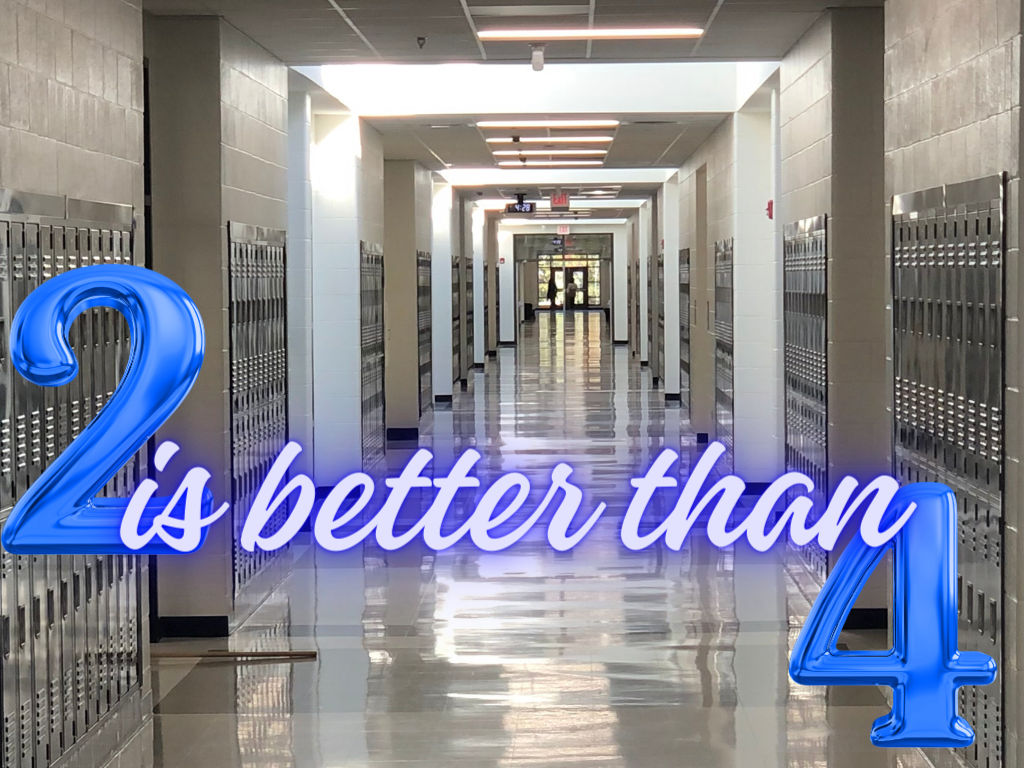

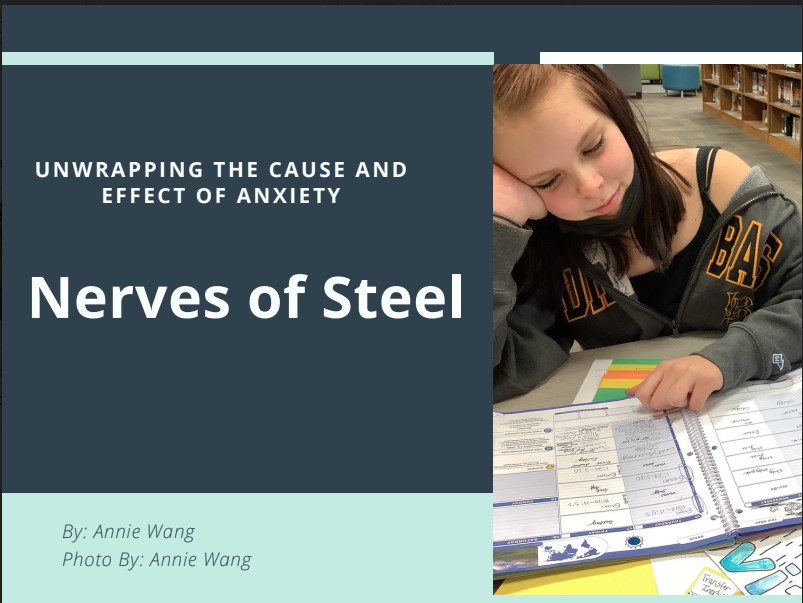
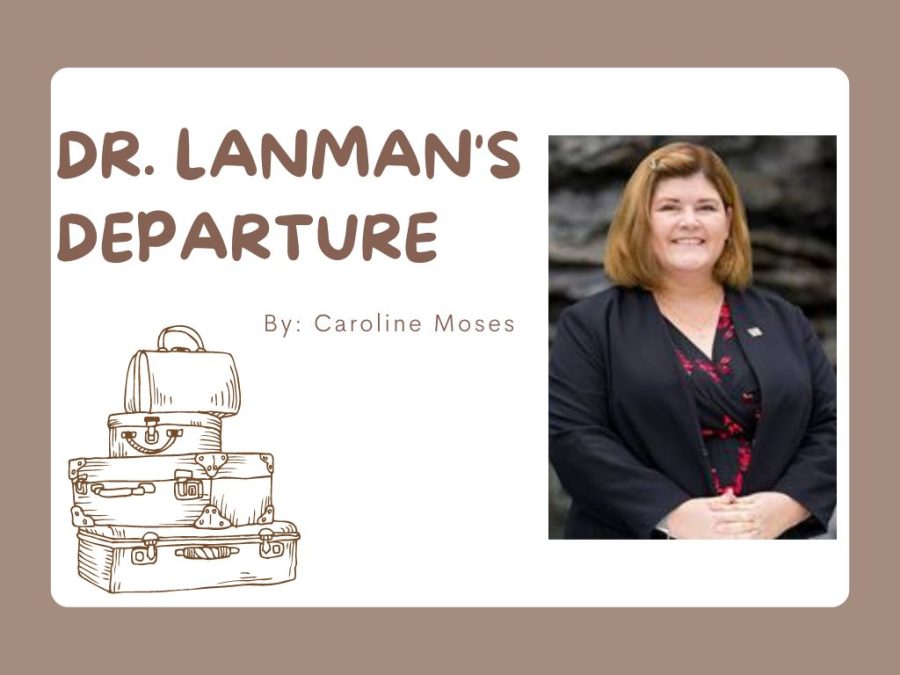
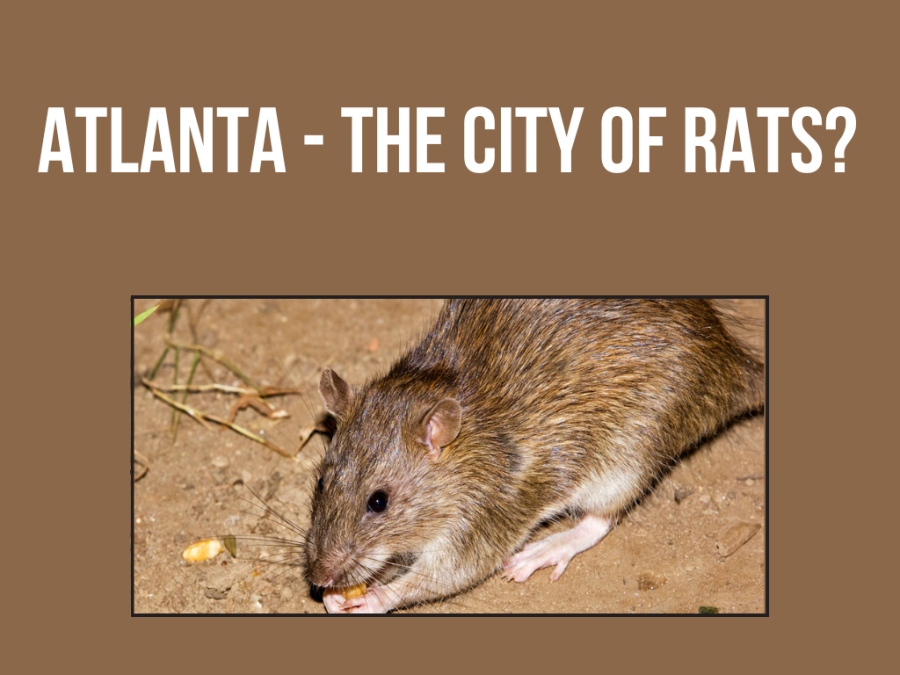
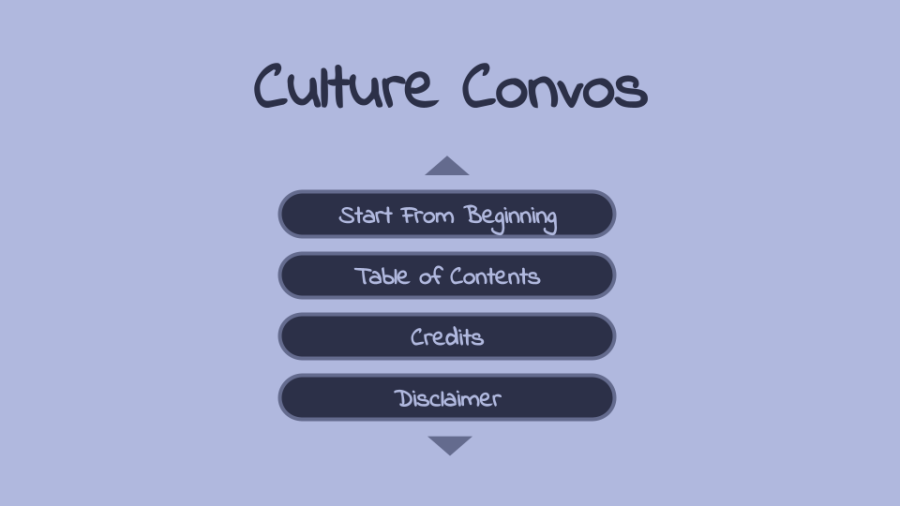

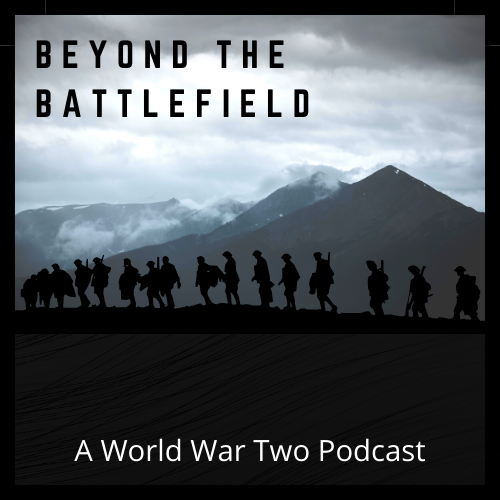


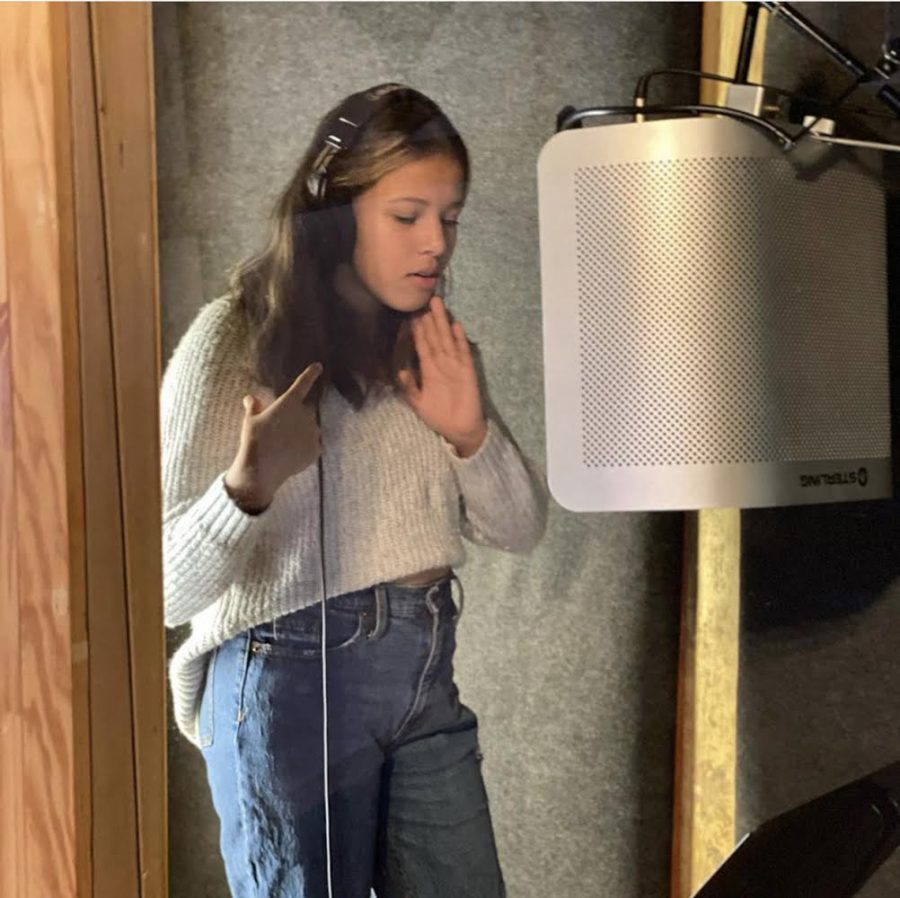
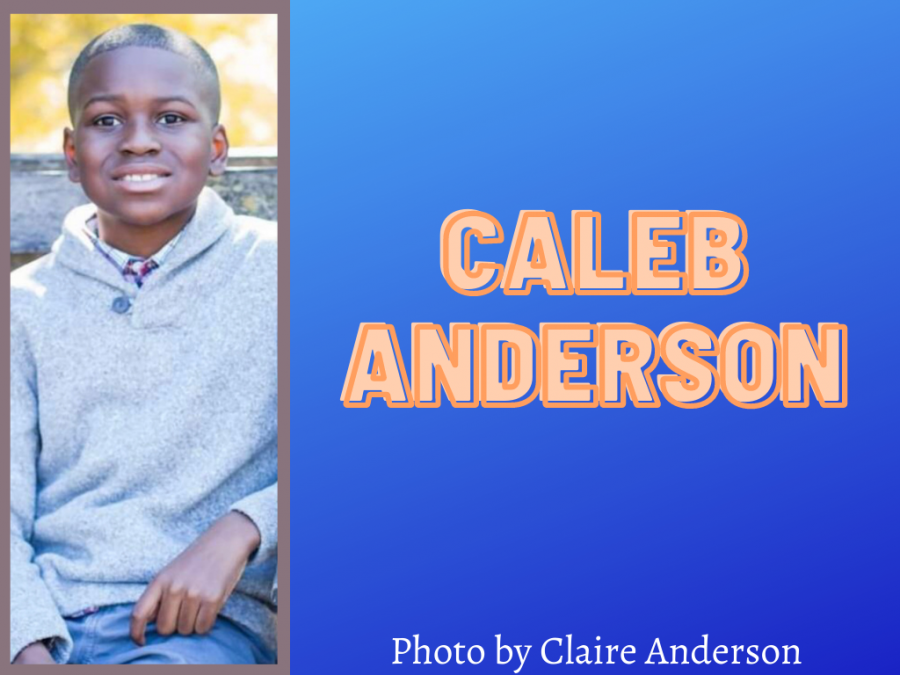



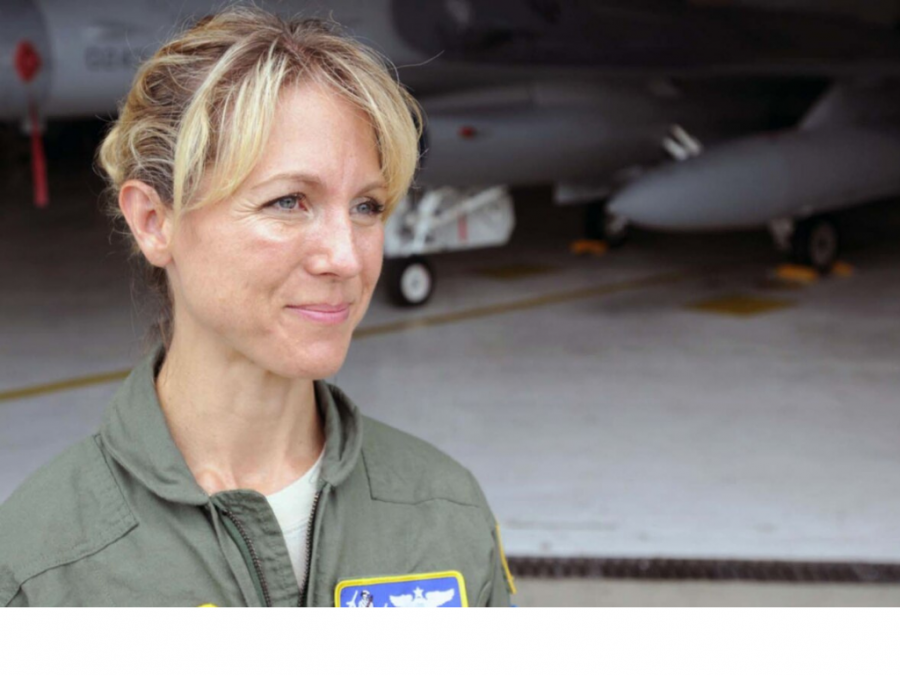
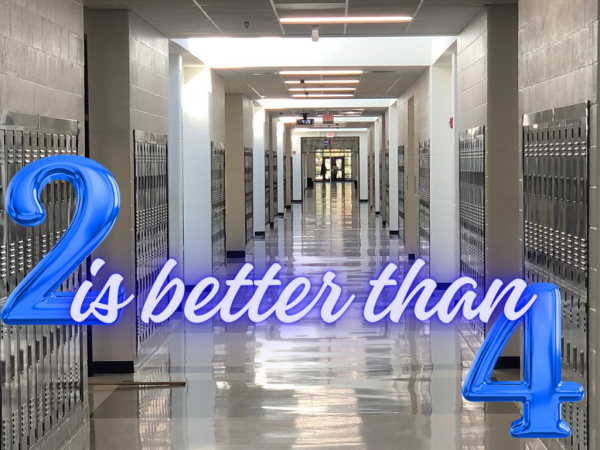

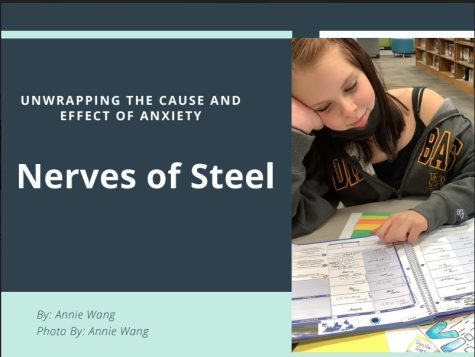
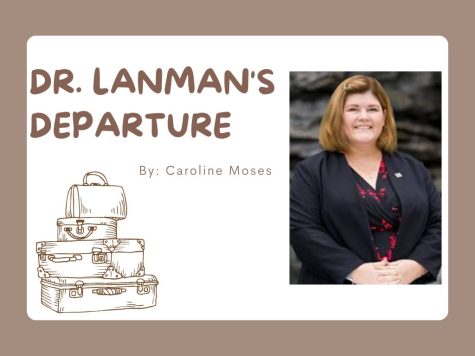
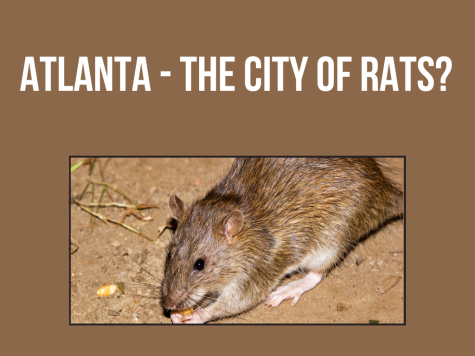

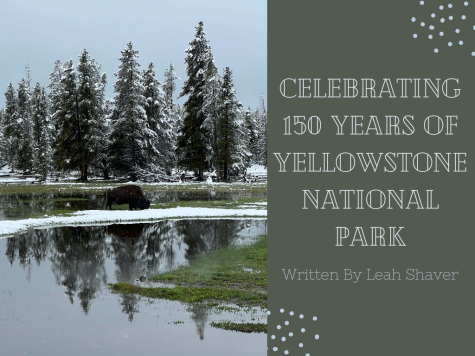
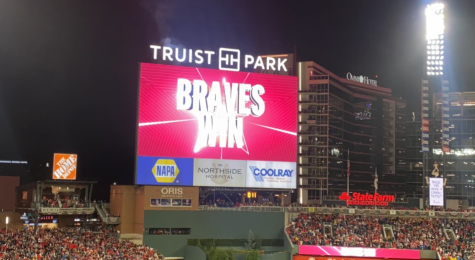
Hayoung Kim • Dec 12, 2021 at 8:03 pm
This is an amazing article!!!!!!
Great job!!!!
Patty Hall • Sep 3, 2021 at 4:55 pm
I saw an article in the AJC referencing this article. I was intrigued. This article did not disappoint. Excellent and well written! It’s better than many I’ve read in the AJC! Marlee definitely has a bright future!
Richard Rafter (Grumps) • May 2, 2021 at 7:51 pm
Marlee,
I enjoyed reading this — Good job.
Kayli • Apr 25, 2021 at 9:39 am
I loved this article!
Elliot Oh • Apr 22, 2021 at 10:53 am
Good job Marlee! This is a good article.
Reid Cooper • Mar 22, 2021 at 12:32 pm
Good job Marley! This was a very well written article.
Kiersin • Mar 22, 2021 at 12:30 pm
I think this was very good marlee needs a raise
Anna Cuppari • Mar 20, 2021 at 7:30 pm
Hey Marlee!! I love this story!!